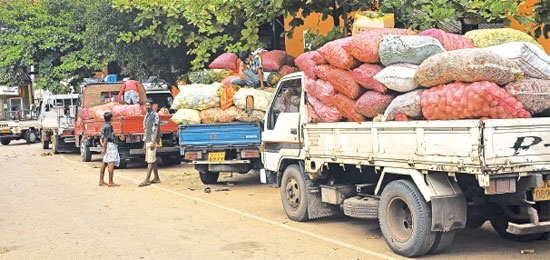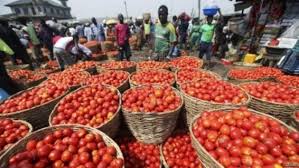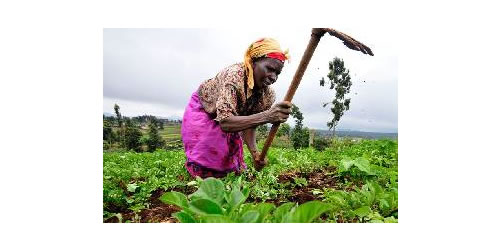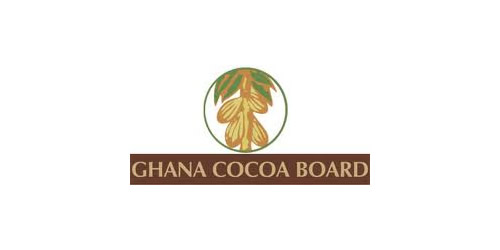Food Transportation Challenges: Rail the Way to Go – Farmer Morrison

Government must develop the railway sector to address the nagging transportation challenges confronting the agricultural sector in the country, Chief Executive Officer of the Ghana Chamber of Agribusiness, GCA has opined.
Farmer Anthony Morrison believes that the Government’s development of the country’s ailing railway sector will dramatically improve Ghana’s transportation difficulties as far as farming is concerned.
His call follows the Ghana Private Road Transport Union’s (GPRTU) announcement of a 10% increase in transport fares across all category of services effective June 4, 2018.
The increment according to the Union, is necessary to accommodate the rising fuel prices as well as other administrative costs in providing service.
But Farmer Morrison in an interview with Rite News expressed confidence in the railway sector as Ghana’s surest hope of an effective transportation alternative, particularly in the transportation of farm produce from the farming communities to the market centers.
“The cost in transporting local produce is high…the rail will move no matter what so it is a more efficient, cheaper way cheaper way of transporting produce over time. We need to hedge the cost of transportation of our locally produced food crops,” the GCA boss maintained.
While expressing fears over the possible escalation of prices of food commodities as a fall out of the increments, Mr. Morrison maintained that rail transportation was a more reliable and cheaper option for consideration to address pending difficulties including post-harvest losses.
“Obviously as we speak now prices of cereals, grains, yams, cassava and other processed foodstuffs are going to shoot up. What we also need to ask is at what percentage are those foodstuffs going to go. We have to find a more alternative way of hedging the prices and transportation of food crops across the country,” he said. “What we need to do is to develop the rail transport sector and if we are able to do this, then prices of food produce will be less expensive and the issue of post-harvest losses will be taken care off.”
The increment will affect cost of transporting locally produced cereals, grains, yam among others.
Rail transportation therefore remains the best avenue to aid farmers in transporting their goods since it is less expensive and more efficient, he added.
The Ghana railway network occupies a total rail route length and rail track length of 947 km and 1300 km, comprising national rail lines that do not go outside of Ghana and the Ghana national border.
Ghana railway network is limited to south Ghana and the southern part of Ghana within the Greater Accra region, Central region, Western region, Eastern region and Ashanti region of south Ghana.
There are plans underway that revamp the operations of the Ghana Railway Corporation and Ghana Railway Company to make it more viable, and to attract private sector participation.
Concession agreements have been signed by the Ghana Railway Corporation for the development and extension of the Ghana Eastern Rail Line and the rehabilitation of the Ghana Western Rail Line.
The major rail routes in Ghana are the Ghana Eastern Rail Line that connects Kumasi to Koforidua, and the Ghana Western Rail Line that connects Kumasi to Sekondi-Takoradi, Sunyani and Cape Coast.
In 2010, Ghana Railway Corporation began a US$6 billion rail project at the construction of the Ghana rail infrastructure to Ghana High-Speed Rail and to upgrade all of Ghana’s railway line network construction managed by the China Railway High-Speed (CHR) and the Chinese National Machinery Import and Export Corporation (CMC).
Source: Joyce Bedeley/ritefmonline.org/jbedeley9357@gmail.com





